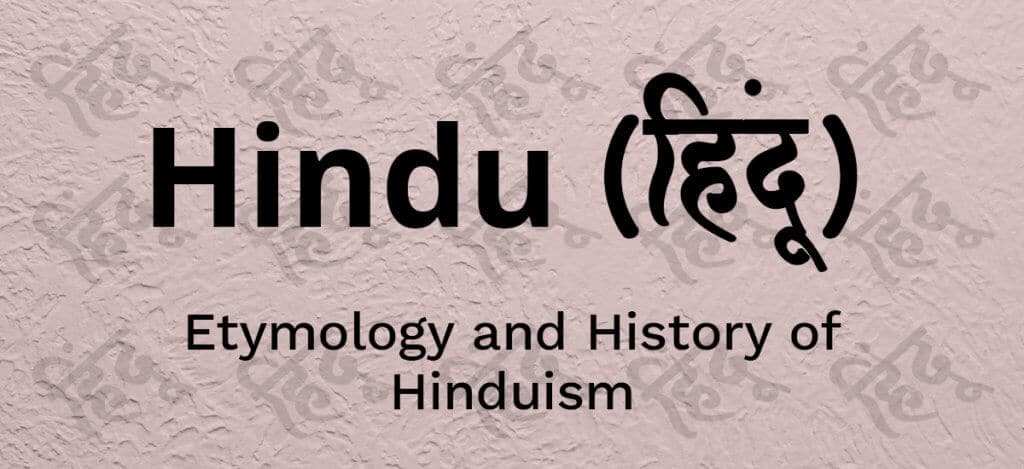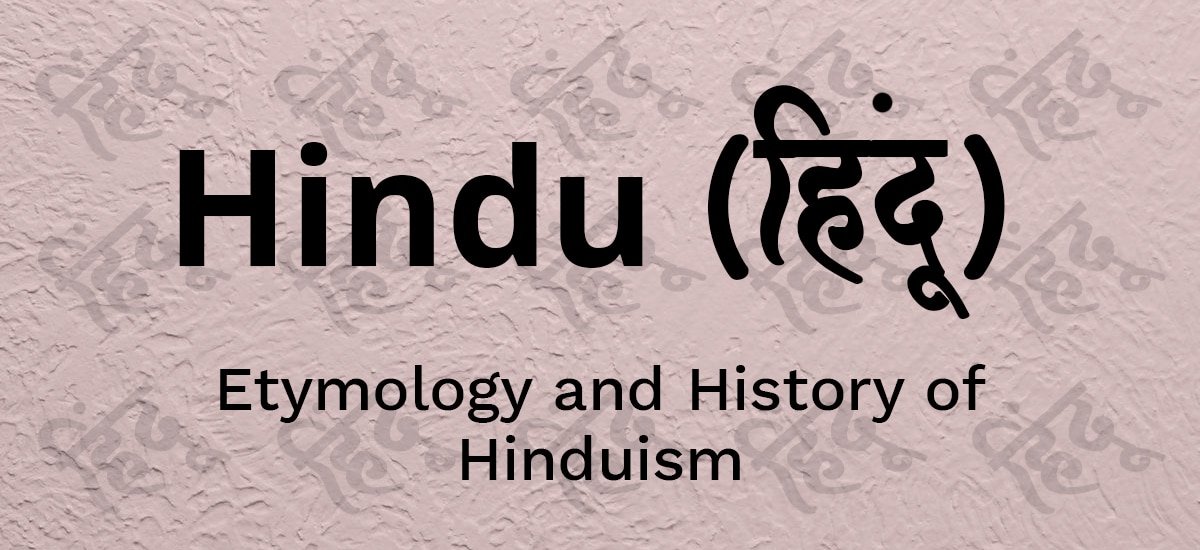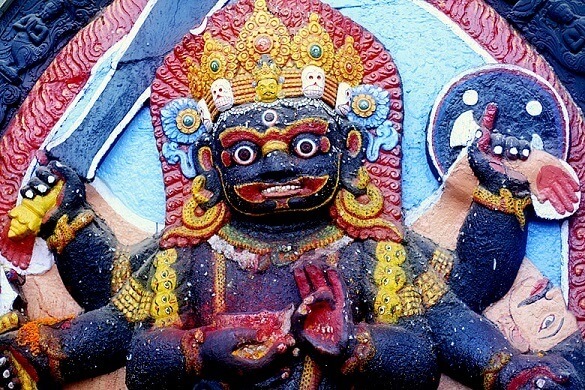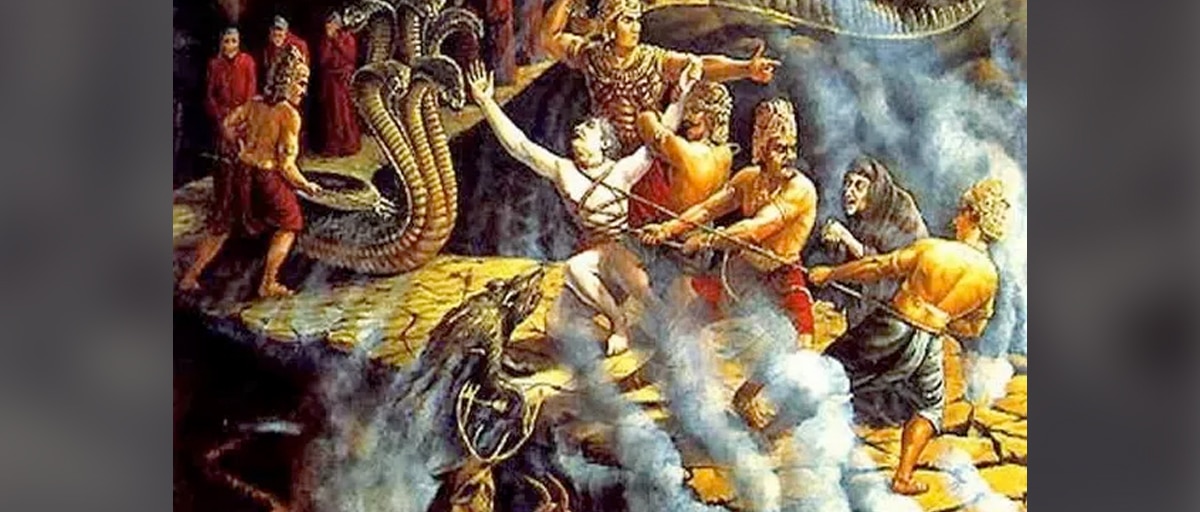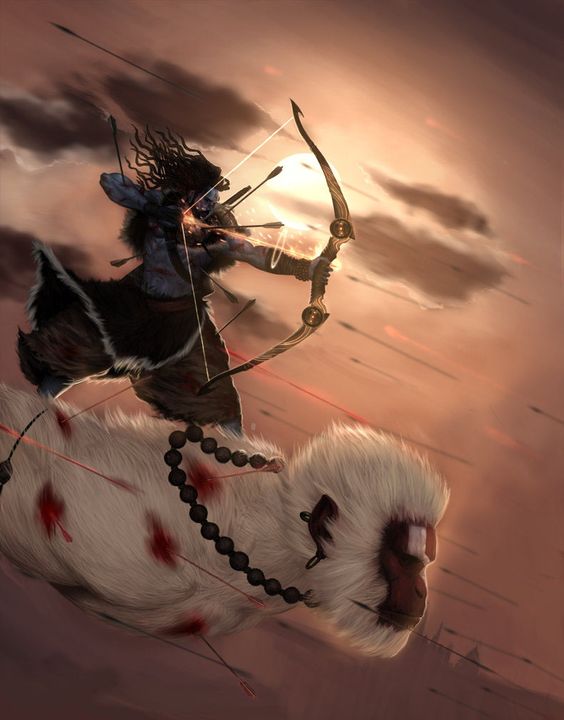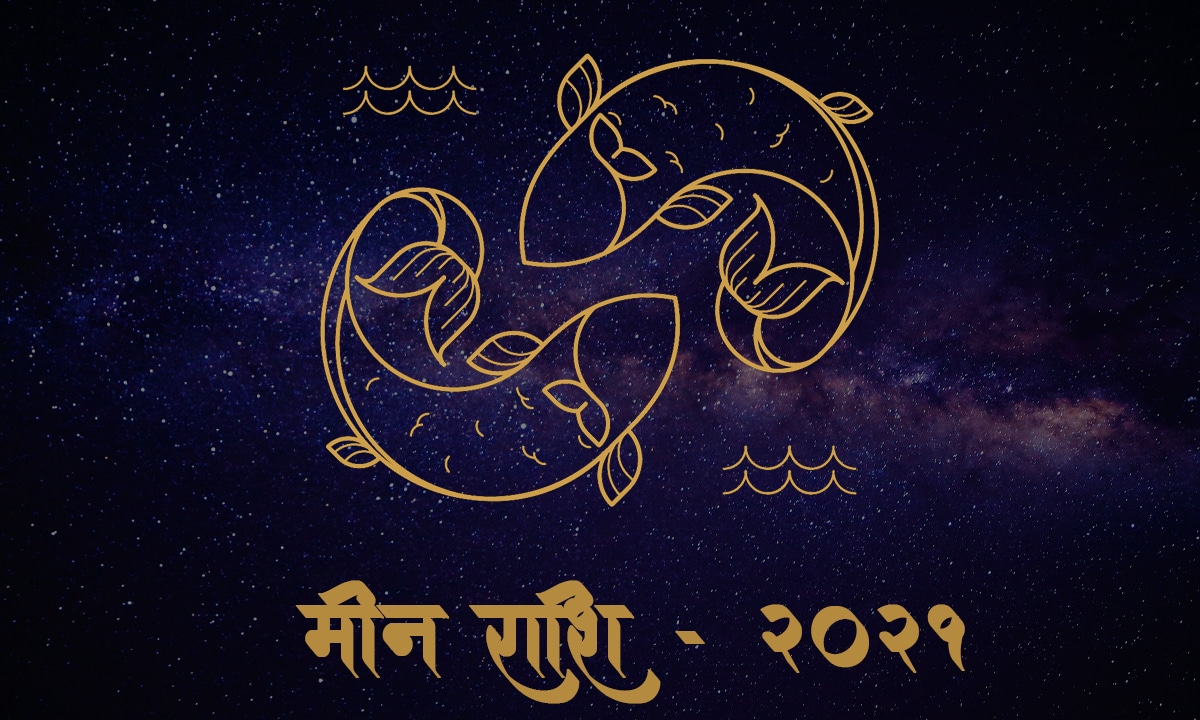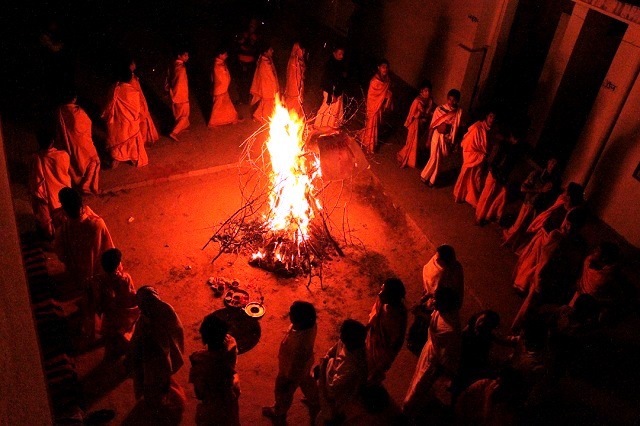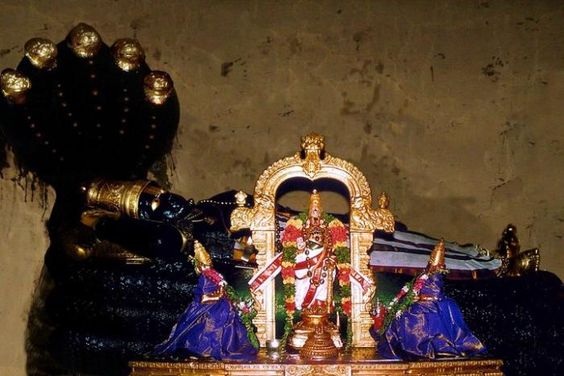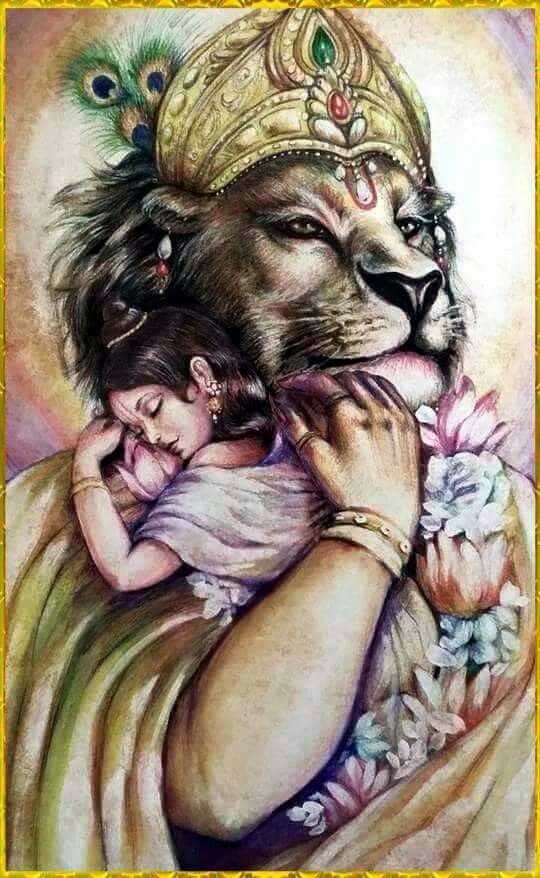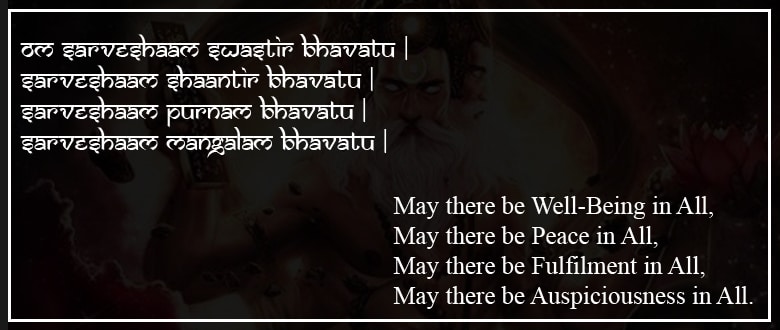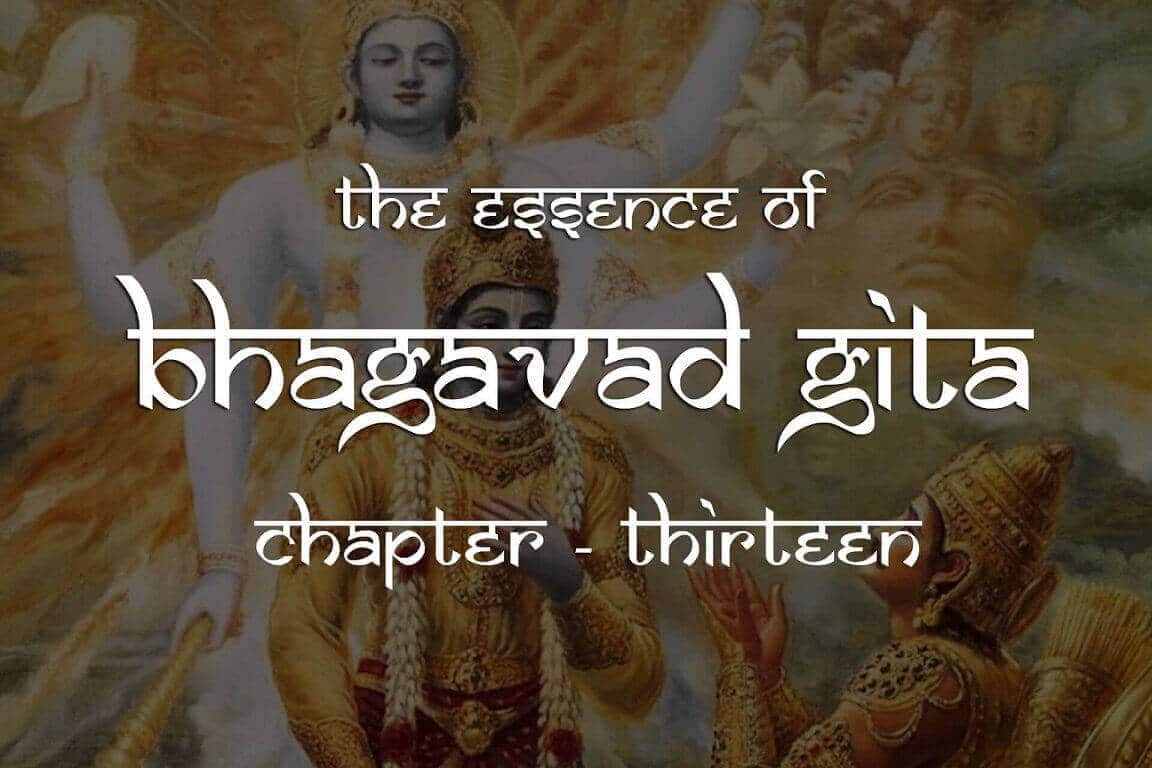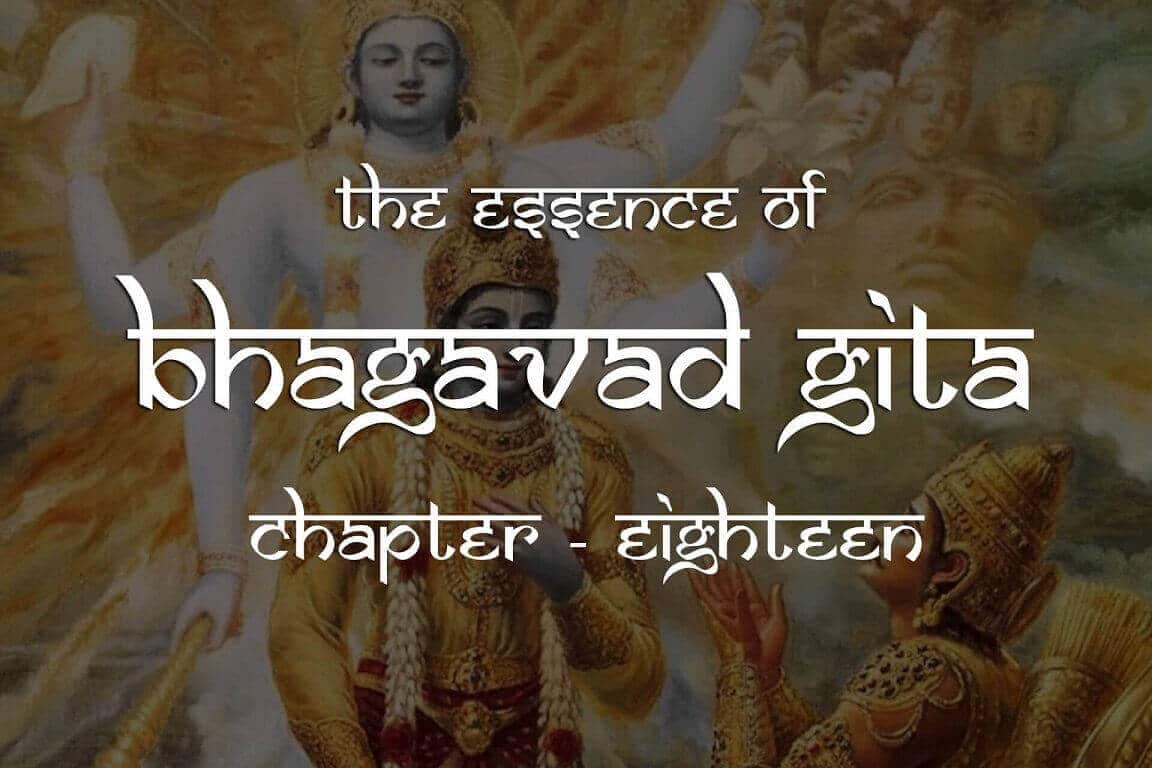We want to build on the ancient word “Hindu” from this writing-up. The Communist historians of India and the Western Indologists say that in the 8th century the word “Hindu” was coined by the Arabs and its roots were in the Persian tradition of replacing “S” with “H. The word “Hindu” or its derivatives were, however, used by many inscriptions over a thousand years older than this time. Also, in the Saurashtra region of Gujarat in India, not in Persia, the root of the word most probably lies. This particular interesting story is written by the uncle of Prophet Mohammed, Omar-bin-e-Hassham, who had written a poem to praise Lord Shiva.
There are so many websites saying that Kaba was an ancient temple of Shiva. They are still thinking what to make of these arguments, but the fact that the uncle of Prophet Mohammed wrote an ode to Lord Shiva is definitely incredible.
The anti-Hindu historians like Romila Thapar and D.N. The Antiquity and Origin of the Word ‘Hindu’ In the 8th century, Jha thought that the term ‘Hindu’ was given currency by the Arabs. However, they do not clarify the basis of their conclusion or cite any facts to support their argument. Not even Muslim Arab writers make such an exaggerated argument.
Another hypothesis advocated by European authors is that the term ‘Hindu’ is a ‘Sindhu’ Persian corruption arising from the Persian tradition of substituting ‘S’ with ‘H.’ No proof is cited even here. The word Persia itself actually contains ‘S’ which, if this theory was right, should have become ‘Perhia’.
In the light of epigraph and literary evidence available from Persian, Indian, Greek, Chinese and Arabic sources, the present paper discusses the above two theories. The evidence appears to support the hypothesis that ‘Hindu’ has been in use since the Vedic period like ‘Sindhu’ and that while ‘Hindu’ is a modified form of ‘Sindhu’ its root lies in the practice of pronouncing ‘H’ instead of ‘S’ in Saurashtran.
Epigraphic Evidence of the word Hindu
The Persian king Darius’s Hamadan, Persepolis and Naqsh-I-Rustam inscriptions mention a ‘Hidu’ population as included in his empire. The date of these inscriptions is between 520-485 B.C. This reality indicates that, more than 500 years before Christ, the word ‘Hi(n)du’ was present.
Xerexes, successor of Darius, gives names of countries under his control in his inscriptions at Persepolis. ‘Hidu’ requires a list. Xerexes ruled from 485-465 B.C. There are three figures above on a tomb in Persepolis in another inscription attributed to Artaxerexes (404-395 B.C.), which are labelled ‘iyam Qataguviya’ (this is Satygidian), ‘iyam Ga(n)dariya’ (this is Gandhara) and ‘iyam Hi(n)duviya’ (this is Hi(n)du). The Asokan (3rd century B.C.) inscriptions frequently use phrases such as ‘Hida’ for ‘India’ and ‘Hida loka’ for ‘Indian country’.
In the Ashokan inscriptions,’ Hida’ and her derived forms are used more than 70 times. For India, the Ashokan inscriptions determine the antiquity of the name ‘Hind’ to at least the third century B.C. The king has the titles shakanshah hind shakastan tuxaristan dabiran dabir, “king of Shakastan, minister of ministers of Hind Shakastan and Tukharistan,” in the Persepolis Pahlvi inscriptions of Shahpur II (310 A.D.).
The epigraphic evidence from the documents of the Achaemenid, Ashokan and Sasanian Pahlvi established a condition on the hypothesis that in the 8th century A.D. the word ‘Hindu’ originated in Arab use. The ancient history of the term ‘Hindu’ takes literary evidence back to at least 1000 B.C. Yeah, and maybe 5000 B.C.
Evidence from Pahlvi Avesta
Hapta-Hindu is used for Sanskrit Sapta-Sindhu in the Avesta, and the Avesta is dated between 5000-1000 B.C. It means that the word ‘Hindu’ is as old as the word ‘Sindhu.’ Sindhu is a concept used in the Rigveda by the Vedik. And thus, as old as the Rigveda,’ Hindu’ is. Veda Vyas talks of the visit of Veda Vyas to the court of Gustashp in the Avestan Gatha ‘Shatir’ 163rd verse and Veda Vyas introduces himself in the presence of Zorashtra saying ‘man marde am Hind jijad.’ (I am a man born in ‘Hind.’) Veda Vyas was an elder contemporary of Shri Krishna (3100 B.C.).
Greek Usage (Indoi)
The Greek word ‘Indoi’ is a softened ‘Hindu’ form where the original ‘H’ was dropped as there is no aspirate in the Greek alphabet. Hekataeus (late 6th century B.C.) and Herodotus (early 5th century B.C.) used this word ‘Indoi’ in Greek literature, thereby indicating that the Greeks used this ‘Hindu’ variant as early as in the 6th century B.C.
The Hebrew Bible (Hodu)
For India, the Hebrew bible make use of the word ‘Hodu’ which is a ‘Hindu’ Judaic type. Earlier than 300 B.C., the Hebrew Bible (Old Testament) is considered Hebrew spoken in Israel today uses Hodu for India as well.
The Chinese Testimony (Hien-tu)
The Chinese used the word ‘Hien-tu’ for ‘Hindu’ around 100 B.C.11 When explaining the Sai-Wang (100 B.C.) movements, the Chinese annals note that the Sai-Wang went south and entered Ki-Pin by passing Hien-tu. Later Chinese travellers Fa-Hien (5th century A.D.) and Huen-Tsang (7th century A.D.) use a slightly changed ‘Yintu’ word, but the’ Hindu’ affinity is still retained. Until today, this word ‘Yintu’ continues to be used.
Also Read : https://www.hindufaqs.com/some-common-gods-that-appears-in-all-major-mythologies/
Pre-Islamic Arabic Literature
Sair-ul-Okul is an anthology of ancient Arabic poetry from the Makhtab-e-Sultania Turkish Library in Istanbul. A poem by Uncle Omar-bin-e-Hassham of the Prophet Mohammed is included in this anthology. The poem is Mahadev (Shiva) in praise, and uses ‘Hind’ for India and ‘Hindu’ for Indians. Here are some verses quoted:
Wa Abaloha ajabu armeeman Mahadevo Manojail ilamuddin minhum wa sayattaru If, with dedication, one worships Mahadev, the ultimate redemption will be achieved.
Kamil Hinda e Yauman, Wa Yakulam na latabahan foeennak Tawajjaru, wa sahabi Kay yam feema. (Oh Lord, grant me a day’s stay in Hind, where spiritual bliss can be attained.)
Massayare akhalakan hasanan Kullahum, Summa gabul Hindu najumam aja. (But one pilgrimage is worthy of all, and the company of great Hindu saints.)
Another poem by Labi-bin-e Akhtab bin-e Turfa has the same anthology, which is dated 2300 years before Mohammed, i.e. 1700 B.C. ‘Hind’ for India and ‘Hindu’ for Indians are also used in this poem. The four Vedas, Sama, Yajur, Rig and Athar, are also mentioned in the poem. This poem is quoted in columns in New Delhi’s Laxmi Narayan Mandir, commonly known as Birla Mandir (Temple). Some verses are as follows:
Hinda e, wa aradakallha manyonaifail jikaratun, Aya muwarekal araj yushaiya noha minar. (O Hind’s Divine Country, blessed art thou, thou art the chosen land of divine knowledge.)
Wahalatjali Yatun ainana Sahabi akhatun jikra, Hindatun minal Wahajayahi yonajjalur rasu. (That celebratory knowledge shines with such brilliance in the fourfold abundance of the words of the Hindu saints.)
Yakuloonallaha ya ahlal araf alameen kullahum, Veda bukkun malam yonajjaylatun fattabe-u jikaratul. (God enjoins all, follows the direction shown by Veda with divine awareness with devotion.)
Wahowa alamus Sama wal Yajur minallahay Tanajeelan, Yobasshariyona jatun, Fa e noma ya akhigo mutibayan. (Sama and Yajur for Man are filled with wisdom, brothers, following the path that leads you to salvation.)
The two Rigs and Athar(va) also teach us brotherhood, sheltering their lust, dissipating darkness. Wa isa nain huma Rig Athar nasahin ka Khuwatun, Wa asanat Ala-udan wabowa masha e ratun.
Disclaimer: The information above is collected from various sites and discussion forums. There are no solid evidences which will back any of the above points.

